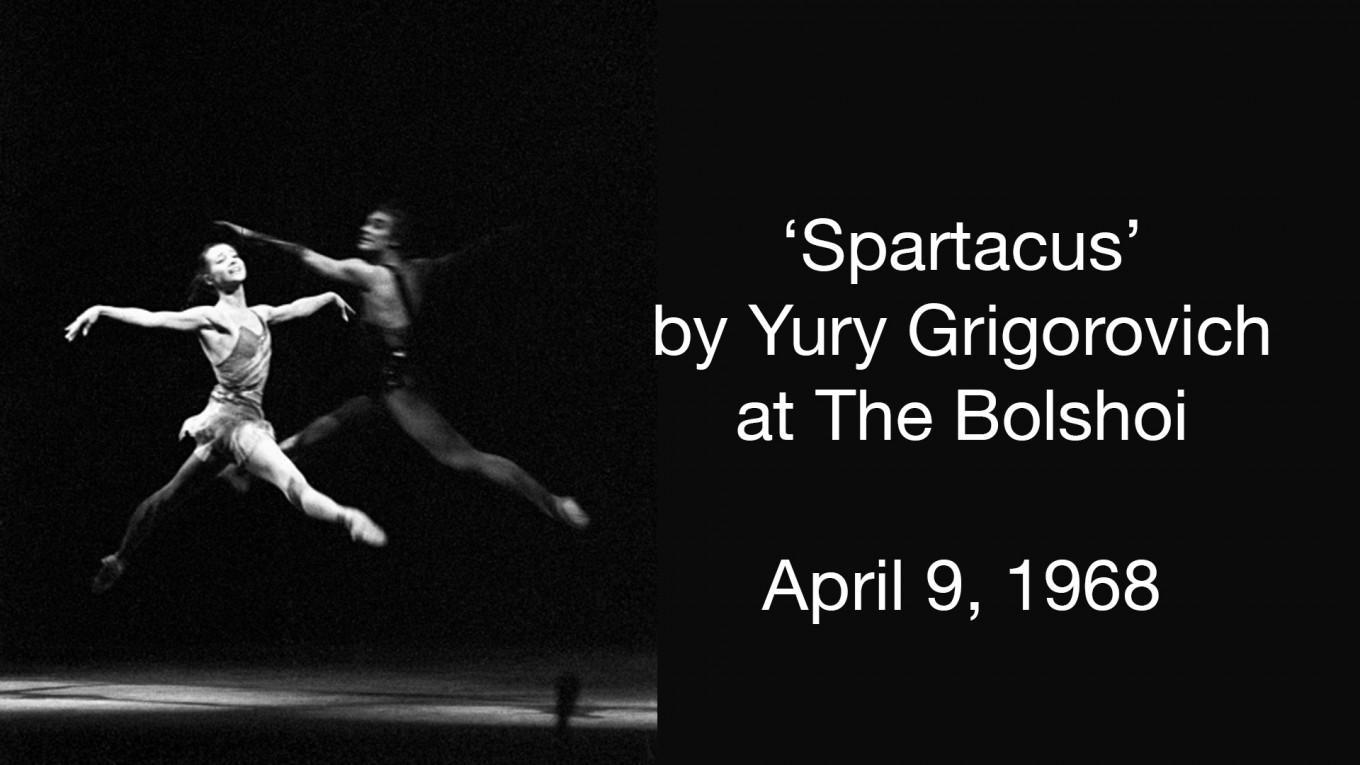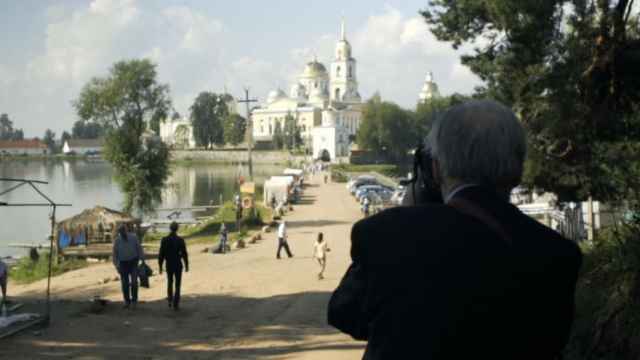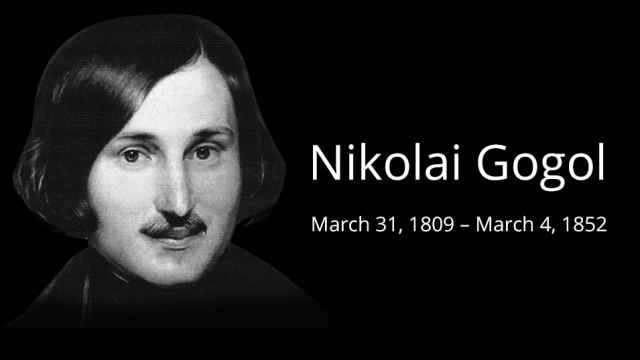Premiering at the Bolshoi on April 9, 1968, "Spartacus" has gone on to become on of the theater’s most iconic productions.
The ballet tells the story of Spartacus, leader of the slave uprising against the Romans, and was originally composed by Aram Khachaturian in 1954. Khachaturian was awarded a Lenin Prize for his composition in the same year; the ballet was first staged two years later.
It was only in 1958, however, that "Spartacus" came to the Bolshoi for the first time under the choreography of Igor Moiseyev. A decade later in 1968, the production that would go on to receive great acclaim and become of of the Bolshoi’s greatest, was choreographed by Yury Grigorovich. His version of "Spartacus" was considered "modern" for the Bolshoi at the time, and this cemented Grigorovich’s reputation. He would continue to win awards and acclaim through his career at the Bolshoi, where he would work as an artistic director until 1995.
Till today, "Spartacus" remains one of the Bolshoi’s most prominent, and one of Khachaturian’s best known works.
A Message from The Moscow Times:
Dear readers,
We are facing unprecedented challenges. Russia's Prosecutor General's Office has designated The Moscow Times as an "undesirable" organization, criminalizing our work and putting our staff at risk of prosecution. This follows our earlier unjust labeling as a "foreign agent."
These actions are direct attempts to silence independent journalism in Russia. The authorities claim our work "discredits the decisions of the Russian leadership." We see things differently: we strive to provide accurate, unbiased reporting on Russia.
We, the journalists of The Moscow Times, refuse to be silenced. But to continue our work, we need your help.
Your support, no matter how small, makes a world of difference. If you can, please support us monthly starting from just $2. It's quick to set up, and every contribution makes a significant impact.
By supporting The Moscow Times, you're defending open, independent journalism in the face of repression. Thank you for standing with us.
Remind me later.






